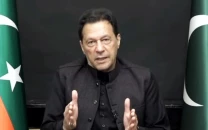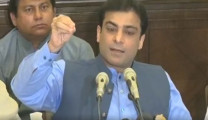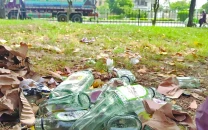A plan to save electricity

A plan to save electricity
This in itself is an achievement given that perceptions about governance are almost as significant as the actual measures adopted by the set-up in Islamabad. The new energy policy envisages the closure of markets by 8 pm, a five-day work week at government offices and a 50 per cent reduction in the use of lights at official residences used by the president, prime minister, governors and chief ministers. In considering these, we must keep in view that very similar steps were announced in 2008, months after the PPP government took charge of office, as a means of reducing the power shortfall. They did not work. This is one reason why we face a significantly worsened situation today.
But there is reason to believe that since then the managers of national affairs have learnt some lessons. The convening of a high-powered summit and the effort to involve all the chief ministers in drawing up a strategy is one indication that this has indeed been the case. Certainly, cooperation at all levels is required to get anywhere with the elaborate power plan, and the careful creation of consensus was wise. However, this is at best a stop-gap measure. There has to be planning for the long term and this should involve a significant expansion in overall generation capacity, streamlining of the distribution companies and a real reduction in their line losses.



















COMMENTS
Comments are moderated and generally will be posted if they are on-topic and not abusive.
For more information, please see our Comments FAQ